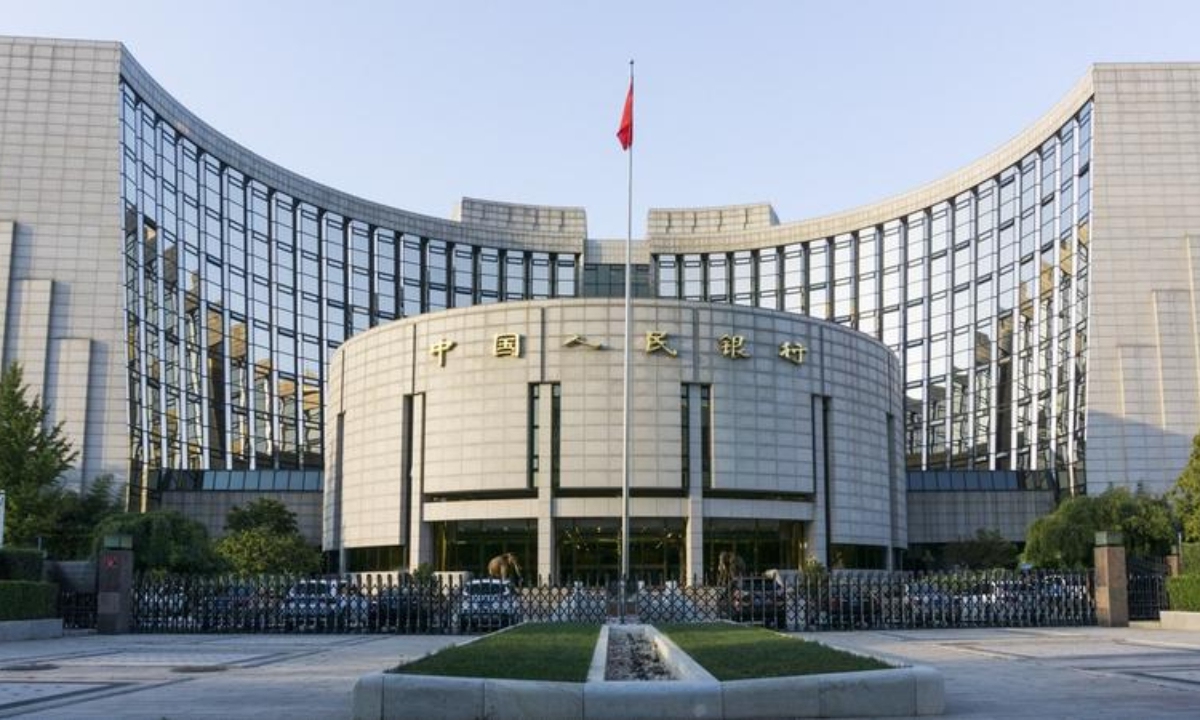China’s home prices in 70 major cities edge down in Jan, but drop narrows down from Dec

Photo:Xinhua
China's new home prices in first-tier cities declined 0.3 percent in January in month-on-month terms, narrowing 0.1 percentage point from that of December, data from the National Bureau of Statistics (NBS) showed on Friday. That in secondary markets edged down by 1 percent in January compared with December, also narrowing 0.1 percentage point from the previous month.
Observers said the moderate decline sends signals that the real estate market is gradually "stabilizing" in January, from its lukewarm status last year. They also voiced confidence that the market will embark on a firm recovery trajectory this year, fueled by a number of supportive policies including easing purchasing curbs, interest rate cuts and restoring market confidence.
In line with trends in first-tier cities, new and secondary home prices in second- and third-tier cities reported a fall in January, yet the drops have mostly tapered off from previous months.
Out of the 60 major cities, a total of 11 cities record new home sales price gain in January, compared with seven in December, the first time in almost a year that the number of cities that see soaring new property price shows an increase.
"The index is of landmark significance as it shows that housing demand is now gradually being released, and adjustments on home prices could be near the end," Yan Yuejin, research director at Shanghai-based E-house China R&D Institute, said in a note sent to the Global Times on Friday.
Yan said that the freshly released housing data in January provide a number of positive signals underscoring that pressures hang over the real estate market have been eased to a certain extent and are developing in a more stabilized way, which is also "conducive to shoring up homebuyers' confidence."
China's central bank on Tuesday cut its benchmark mortgage reference rate by 25 basis points (bps), the largest one-time rate reduction in years, in a renewed effort to stimulate credit demand and revive the property market.
In recent months, major Chinese cities, including Guangzhou, Suzhou, Zhengzhou and Shanghai, have moved to relax curbs on property buying. Starting late last year, the Chinese government reportedly began to draw up a "white list" of real estate companies that are eligible for concessional loans and other types of financial support from commercial banks.
Industry observers said they're optimistic on the long-term outlook as market further improves. They also expected more policies to be rolled out to "guide market expectation," and inject new dynamics to both the demand and supply sides of the market.
In 2023, China's property investment plunged 9.6 percent year-on-year to 11.1 trillion yuan ($1.64 trillion), while sales of commercial apartments also slumped 6.5 percent year-on-year to 11.7 trillion yuan, NBS data showed.



